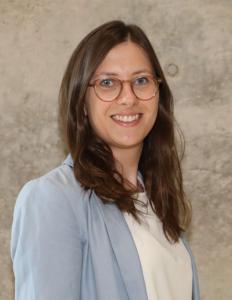Event reports
At the intersection of two continents and positioned on one of the biggest maritime routes in the world, the Maghreb possesses numerous potential economic levers to be utilized. Among others, the region enjoys considerable human capital as well as natural resources. Despite those strong potentials, the Maghreb countries, however, struggle to convert them into long-lasting economic growth.
It is in this regional context that the KAS Regional Program South Mediterranean has published a study on a new “smart development model” for the Maghreb. After the initial launch of the study in Tunis in March 2018, the study was now also presented to a Moroccan audience during a workshop in Rabat on 20 September. The workshop provided a platform to assess the potential implementation of the new smart model suggested by the study and to discuss the different scenarios with eminent Moroccan and Maghreb experts, academics and decision makers. The two main questions that framed the expert discussions during the event were the different possibilities of the integration of a “smart development model” into Moroccan national economic policies and how to foster the adaptation of the study’s recommendations by relevant political and economic actors in Morocco.
During the workshop, the leading author of the study, Hedi Larbi, former Tunisian Minister of Economic Infrastructure and Sustainable Development, presented the findings and recommendations of the study and highlighted particularities of Morocco’s economic development. He pointed to main challenges that Morocco has to face, such as the lack of jobs in sufficient quantity and quality, and the erosion of the education system which hinders industrialization and more specifically, the development of digital technologies. Considering the geography of the country and its high dependency on agriculture, Hedi Larbi stressed the importance of deepening the reform efforts the Kingdom has made since the mid-2000s.
Following the presentation, a panel discussion was initiated around the question of a potential implementation in Morocco of the study’s recommendations.






